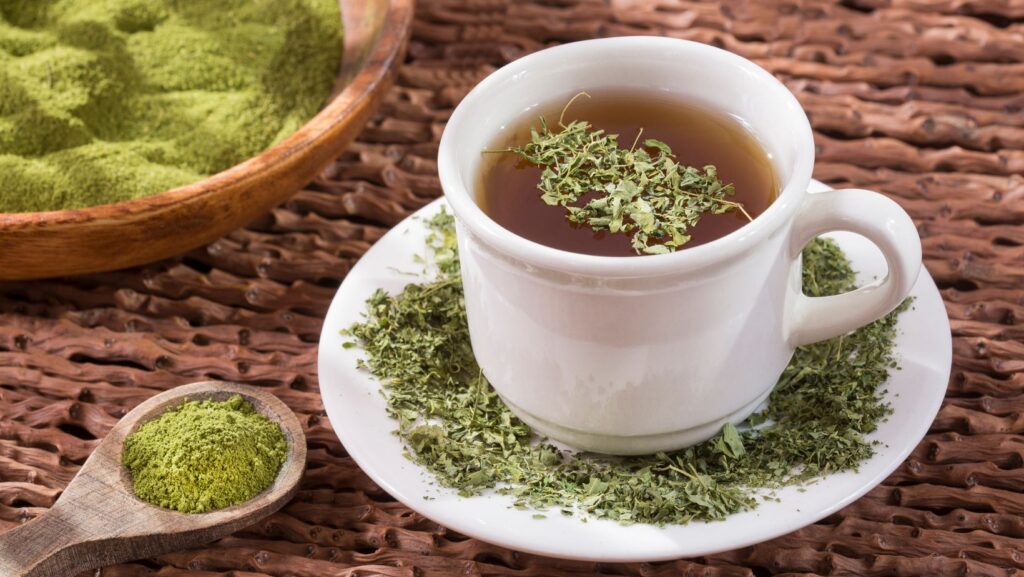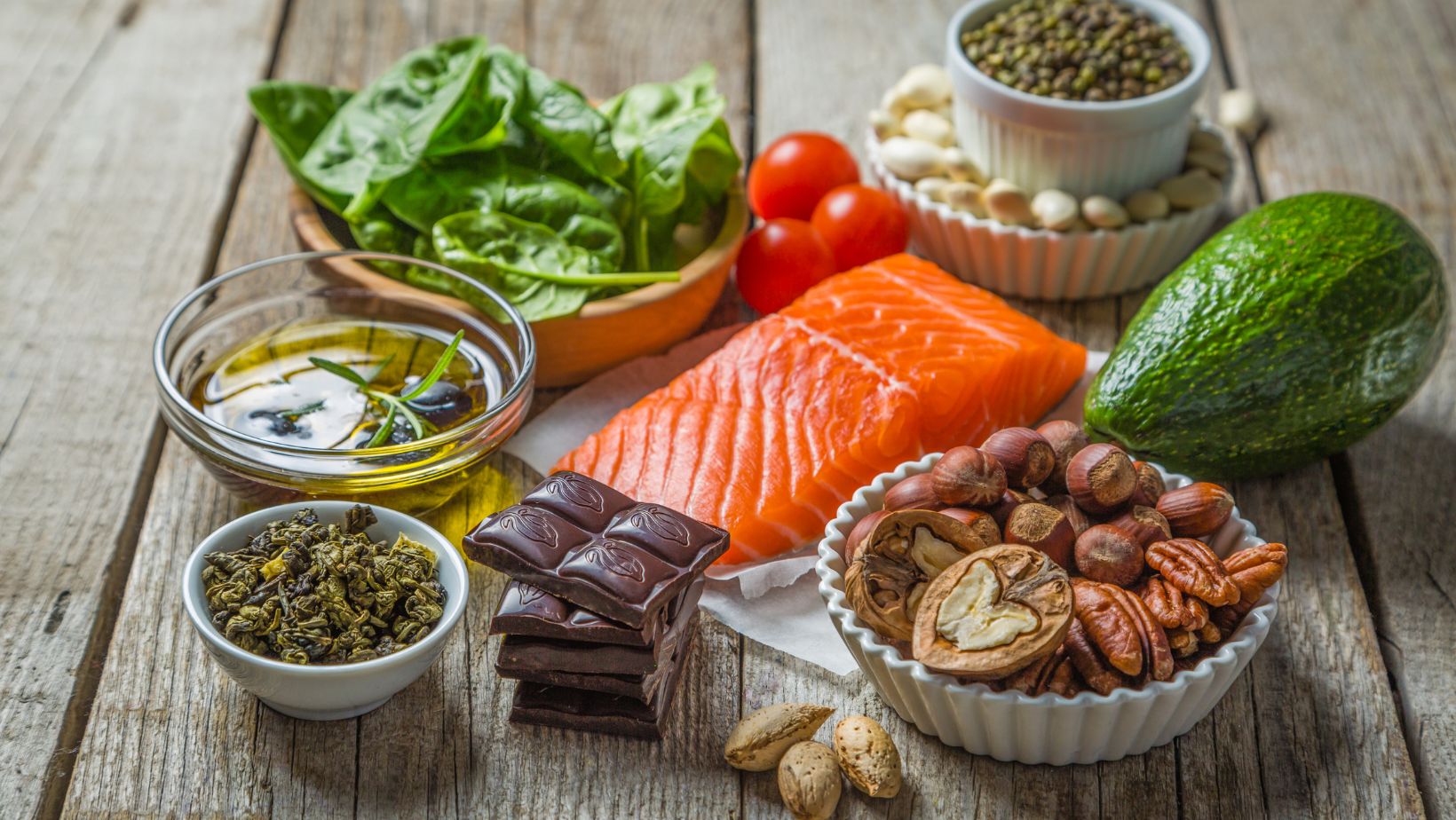
Twisted Tea, a popular hard iced tea beverage, has gained a dedicated following for its refreshing taste and unique twist on traditional tea. Many consumers are curious about the nutrition facts of Twisted Tea as they aim to make informed choices about their drink selections. Understanding these nutrition facts is essential for those looking to enjoy this beverage while maintaining a balanced diet.
Twisted Tea Nutrition Facts
Calories and Carbohydrates
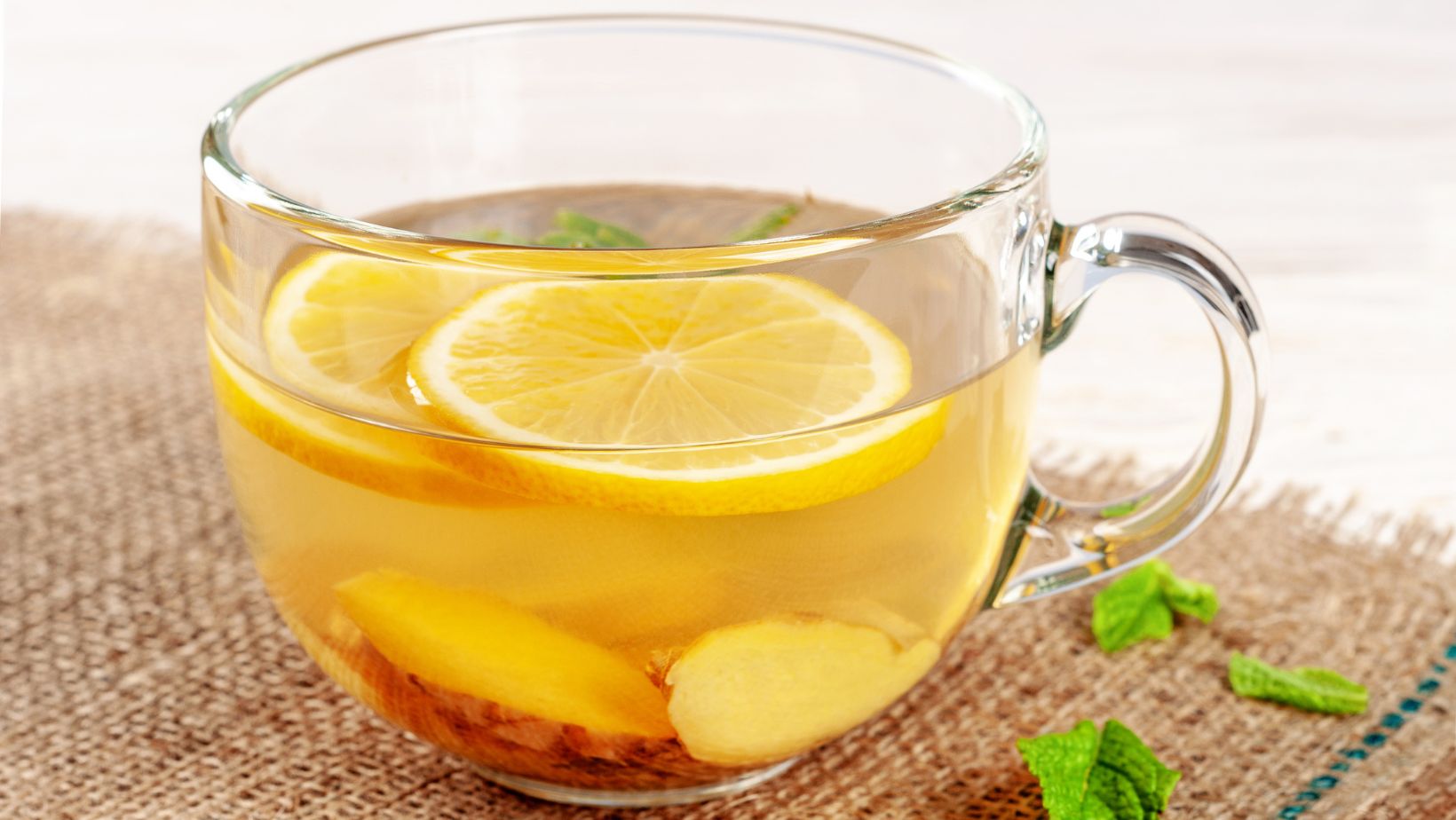
When diving into the world of alcoholic beverages, it’s crucial to consider their nutritional content, especially if you’re mindful about your intake. Twisted Tea, a popular hard iced tea brand, offers a variety of flavors that come with their own set of nutritional facts. On average, a 12 oz serving of Twisted Tea Original contains about 194 calories. This calorie count is slightly higher than some light beers but comparable to other flavored malt beverages.
Sugar Content Analysis
A closer look at the sugar content in Twisted Tea reveals why this beverage is often described as sweet and flavorful. The original flavor packs around 23 grams of sugar per 12 oz can or bottle. This significant sugar content contributes both to the overall taste profile and calorie count of the product.
The Ingredients Behind Twisted Tea
Tea and Natural Flavors

twisted tea nutrition facts, a popular hard iced tea beverage, owes its refreshing taste to a blend of select ingredients. At the core of its recipe is real brewed tea, which not only provides the foundational flavor but also contributes to the drink’s natural antioxidant properties. This focus on real tea sets Twisted Tea apart from many alcoholic beverages that rely heavily on artificial flavors.
Additives and Preservatives
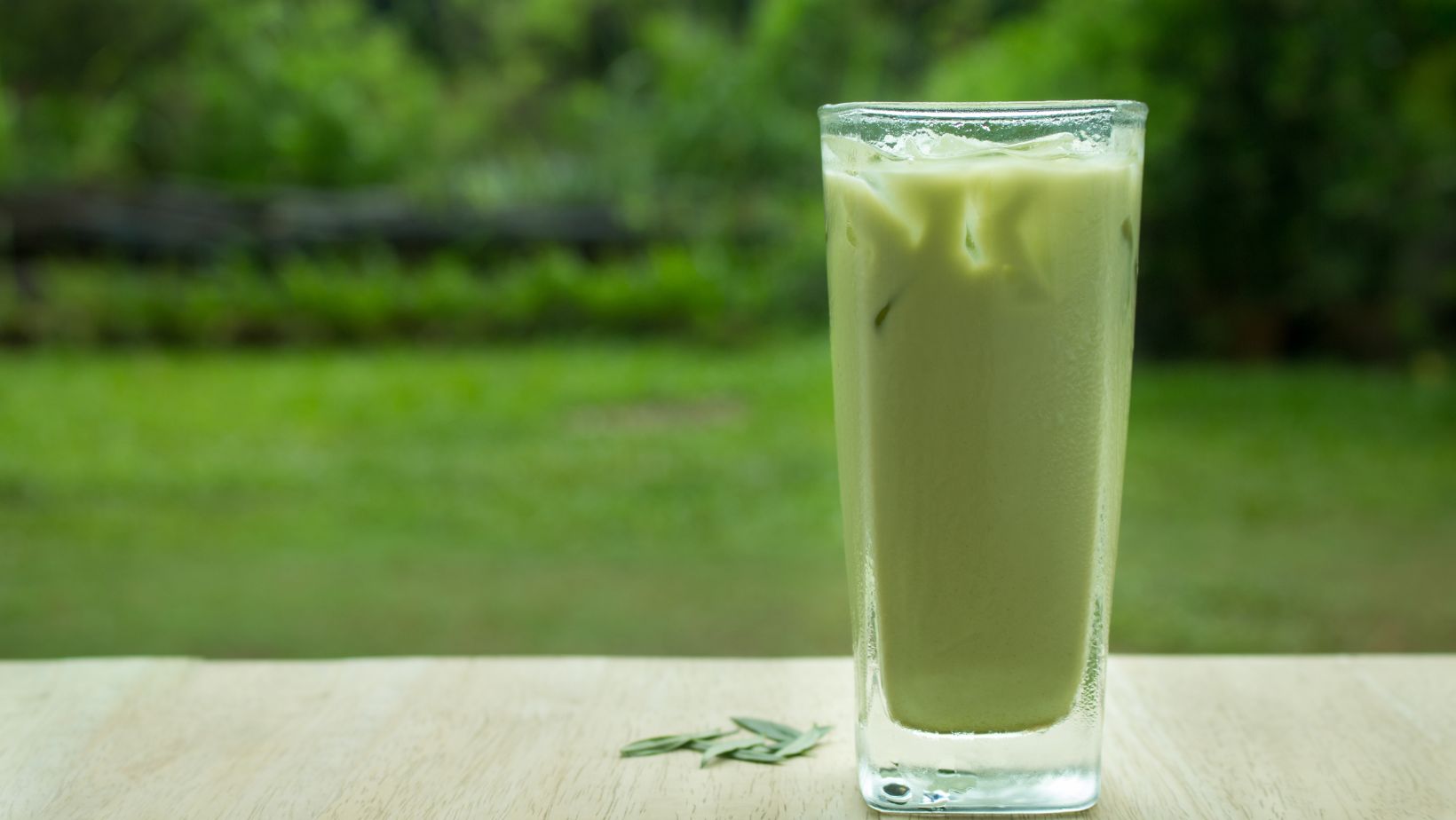
While striving for an authentic taste experience, twisted tea nutrition facts does include certain additives and preservatives essential for maintaining quality and longevity. Among these are citric acid and sodium benzoate.
- Citric Acid: Acts as both a flavor enhancer and preservative. It helps maintain the desired acidity level in Twisted Tea, ensuring consistency across batches.
- Sodium Benzoate: Used conservatively as a preservative to prevent microbial growth. This ensures that Twisted Tea remains safe to drink over time without altering its intended flavor profile.
Comparing Twisted Tea to Other Alcoholic Beverages
Delving into twisted tea nutrition facts reveals how it stands up against other popular choices like regular beer and the increasingly popular hard seltzers and ciders.
Against Regular Beer

Regular beer, a staple in bars and homes worldwide, varies widely in flavor, alcohol content, and nutritional values. However, when placed side by side with Twisted Tea, several distinctions become apparent:
- Calorie Content: Traditional beers can range significantly in calories but generally hover around 150 calories per 12 oz serving. Twisted Tea’s calorie count is slightly higher due to its added sugars.
- Carbohydrates: Beers typically have more carbohydrates than Twisted Tea. The latter’s carb content is primarily from the sugars used to sweeten the drink.
With Hard Seltzers and Ciders
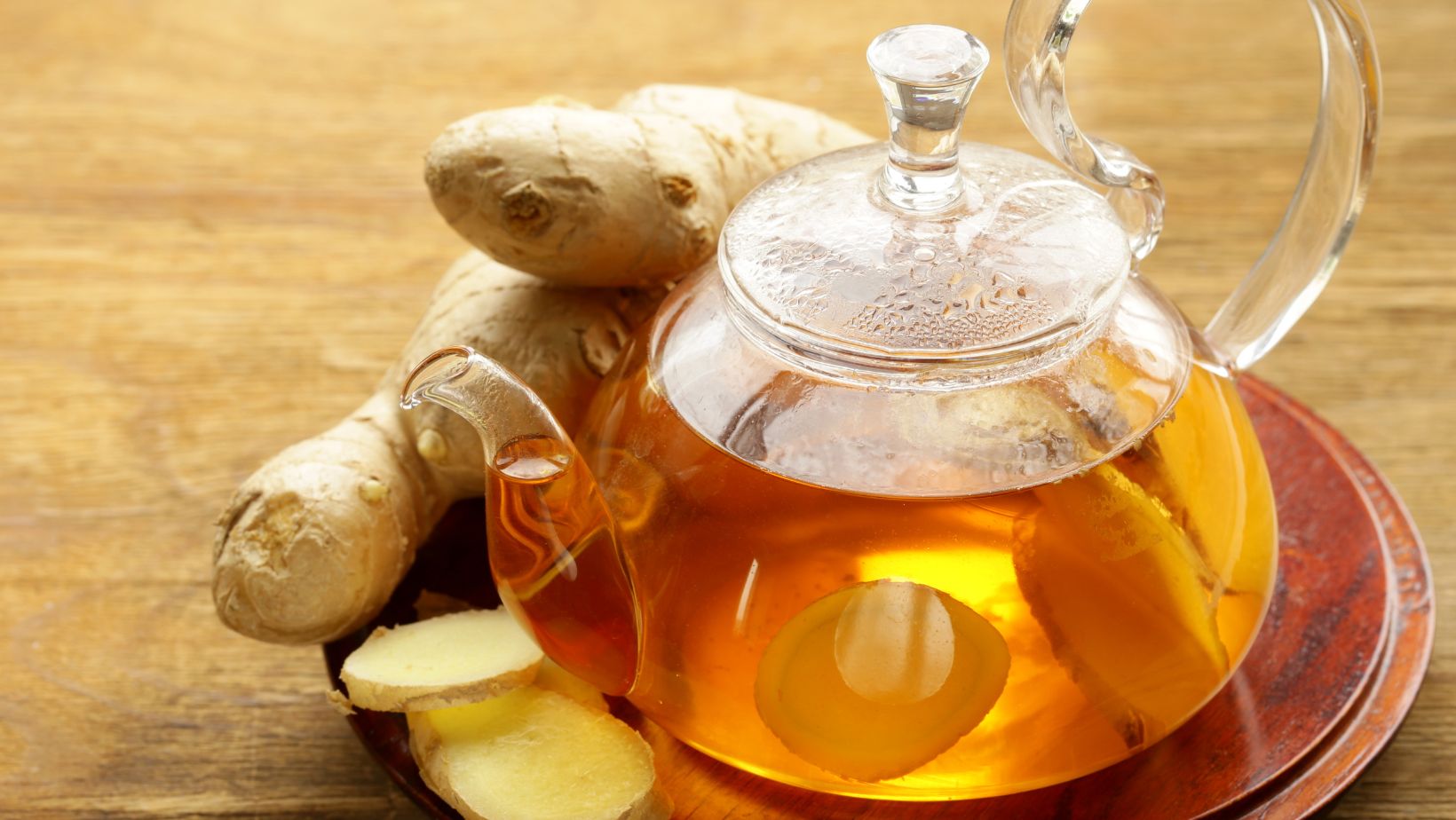
The rise of hard seltzers and ciders has introduced a new dynamic into choosing an alcoholic beverage.
- Hard Seltzers: Known for their twisted tea nutrition facts low calorie and carbohydrate contents, hard seltzers are a go-to for those seeking a lighter buzz without too much impact on their diet. They typically contain fewer calories than both regular beers and Twisted Tea.
- Ciders: While ciders can vary greatly depending on whether they’re dry or sweetened, they often contain more calories than hard seltzers but can be comparable or even less than some versions of Twisted Tea. Their natural fruit sugars contribute significantly to their carbohydrate content.

Ann is a beacon of inspiration and knowledge in the health blogging community, known for her holistic approach to wellness that combines mindful nutrition, balanced fitness routines, and mental health awareness. With a passion for empowering her readers to achieve their healthiest selves, Ann shares practical advice, easy-to-follow recipes, and personal anecdotes that make navigating the journey to wellness accessible and enjoyable.

